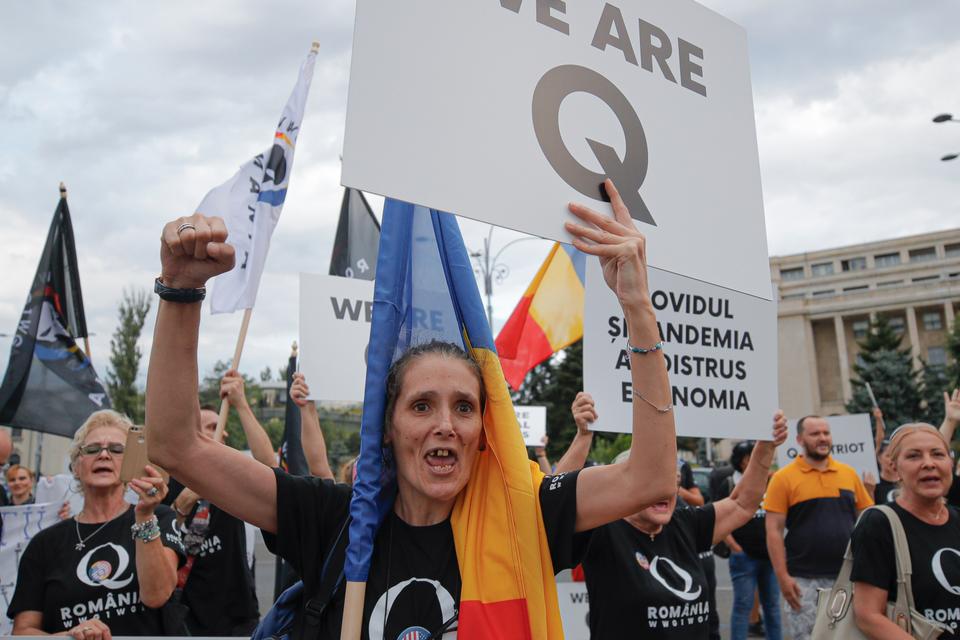
There are many parallels between the craziness of modern society and individual craziness. Before I continue, let’s define craziness first.
Craziness is the experience of the world as fragmented and incoherent, disordered, bereft of belonging or the logic of cause and effect, and appearing as inauthentic or fabricated. Some postmodern philosophers and mystical traditions argue that this is not craziness at all, but instead an accurate description of reality. This, in turn, produces compensating schema, such as supernatural beliefs or QAnon-type conspiracy theories that suggest order.
We rely on self-consciousness and reason to help us untangle the craziness of the world, but they’re unreliable and subject to ignorance, bias, and false knowledge. Rather than making things better, our way of thinking often makes things worse. So, what’s a person to do?
Thinkers like Buckminster Fuller advocated an empirical approach, ie: carefully observing the workings of the world to determine what’s true and what’s false. Science utilizes this evidence-based method, produces data, and for the better part of the last two hundred years replaces superstition, fantasy, and supernatural explanations with a framework upon which the truth of shared reality is based. That is, unless it doesn’t.
Science denial is one symptom of our collective psychopathology, indicative of the deep vein of solipsistic tendencies in individuals, an inclination to feel as if each of us are the center of the universe. Modern society has only reinforced this tendency, fostering “influencers” in a self-as-celebrity culture typified by Twitter, Instagram, TikTok, and Facebook.
This raises the obvious question: is society making us crazy or is individual craziness influencing society? It’s kind of a chicken-or-egg question that’s impossible to answer. In effect, the craziness of self and society is complementary, each reinforcing the other. There’s no way to isolate a culprit.
When individuals become incoherent, lose their ability to know what’s real and what’s not, or begin to believe paranoid ideas and act upon them, we consider it mental illness and make efforts to prevent such individuals from hurting themselves or others. What’s to be done when an entire society becomes mentally ill? This is the issue we currently face, and its a deeply troubling one. Diagnosing America’s mental health at the moment leads to the conclusion that it is suffering from a psychopathological episode of delusional thinking, confusion, anxiety, paranoia, and incipient violence looking very much like symptoms of schizophrenia.
Reality itself is up for grabs, and interpretation instead of acceptance of facts has become the currency of thought; accordingly, we’re in big trouble. When the idea of “alternate facts” gains legitimacy, it opens the door to instability and chaos. People have always been susceptible to alternate facts, of course; witchcraft, magic spells, actions of evil spirits, etc. have never entirely receded from the lexicon of human belief. Self-consciousness is highly susceptible to corruption; our ignorance is far greater than our knowledge. When we use rationality to support irrational ideas, we head down a rabbit hole of craziness. When individuals fall down that hole, it’s unfortunate. When an entire society succumbs, it portends global tragedy.
America is not alone with this problem; many countries suffer from craziness and always have. The human dilemma remains: in a world of overstimulated, fragmented attention, how do we find a path of sanity between truth and fiction, reason, and emotion, and is it even possible?